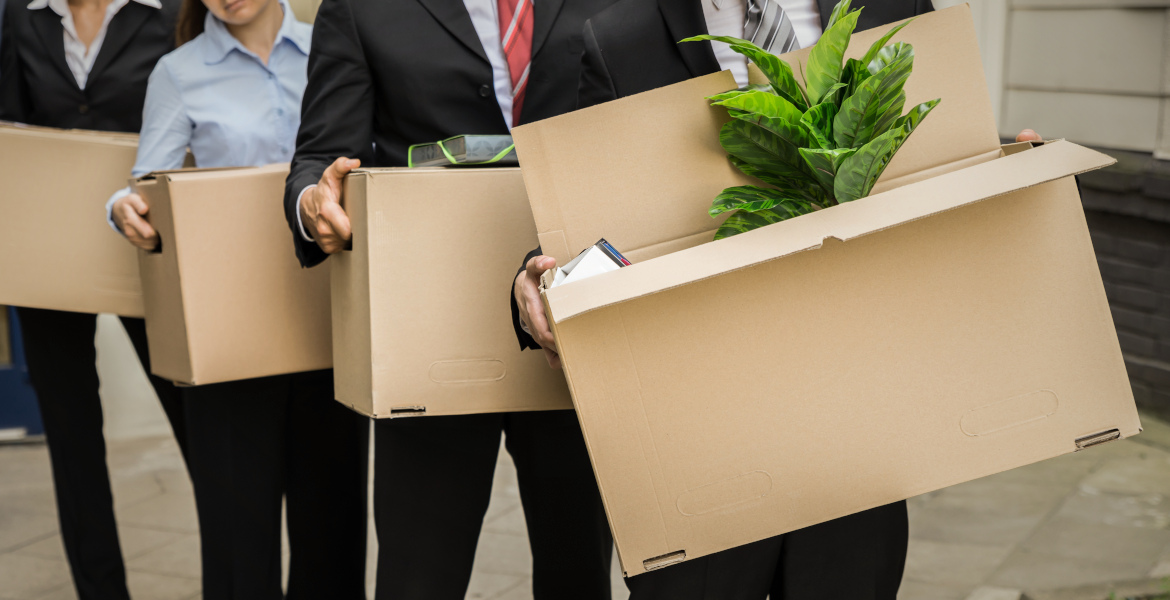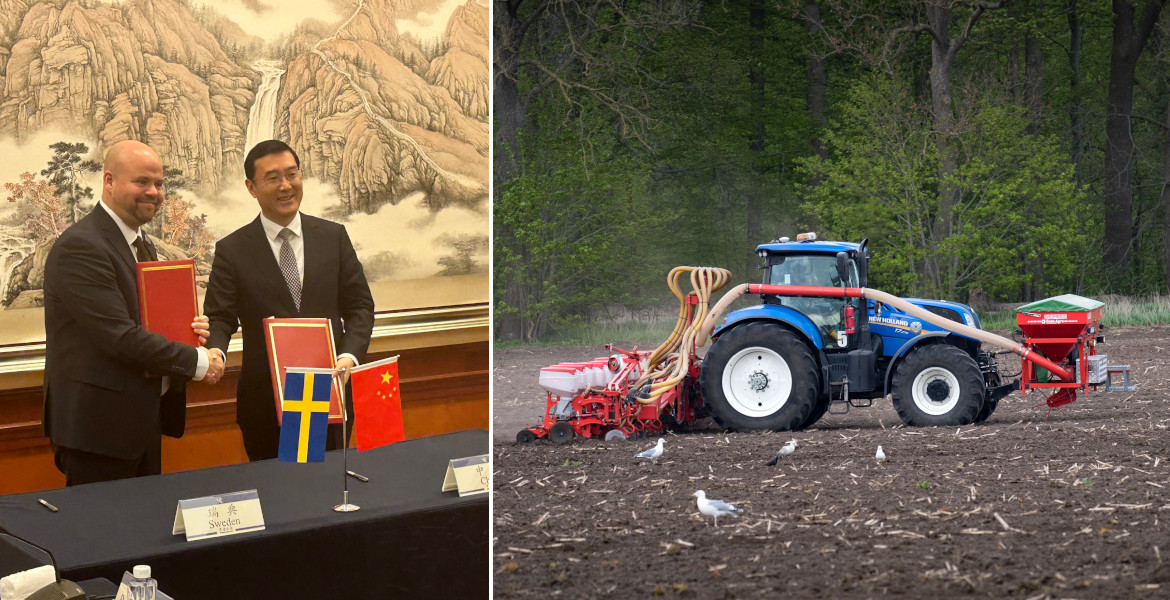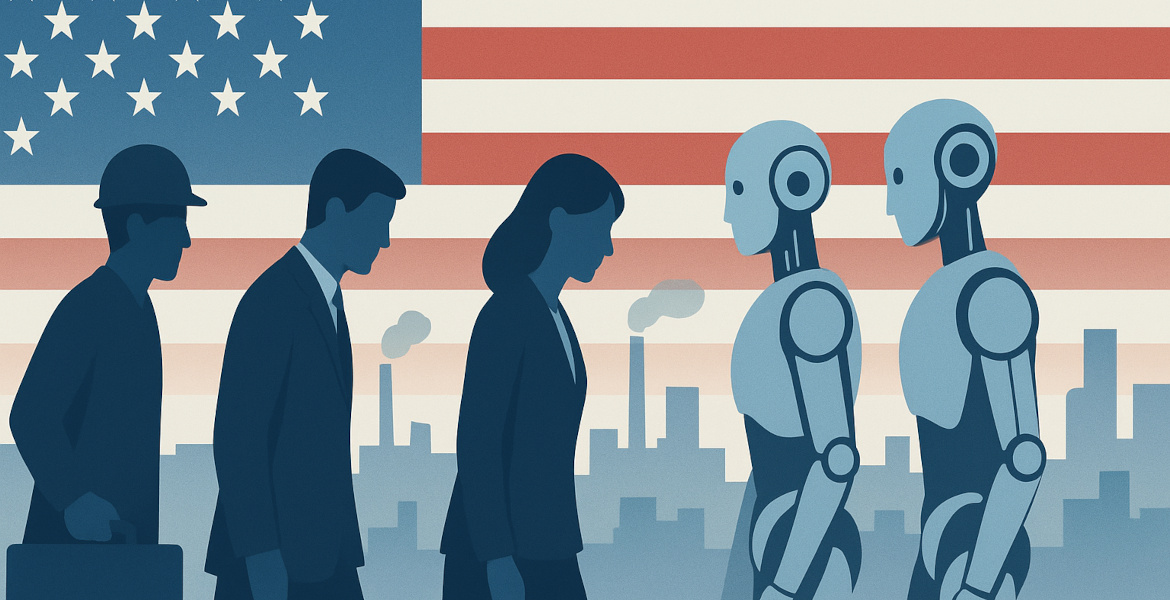Geopolitical uncertainty and rising protectionism are prompting Swedish companies to reconsider their foreign operations. After decades of outsourcing to low-cost countries, the trend is now reversing – an increasing number are choosing to relocate production back to Sweden.
Electric bicycle manufacturer Ecoride in Gothenburg, Sweden, is a clear example. After years of production in China and Poland, operations are now consolidated in a factory in Arendal outside Gothenburg.
According to Jan Olhager, professor of strategic production logistics at Lund University in southern Sweden, this development is no coincidence.
— Overall, there are now more reasons to relocate home than before. Not least, geopolitical risks have become a factor of increasing importance when companies decide where to base their manufacturing, he says.
Covid became turning point
Jan Olhager, together with Nordic researchers, has mapped Swedish companies' relocation patterns. The results show clear differences before and after the pandemic. Until 2015, more companies relocated abroad than returned home, but the trend has reversed.
— During the pandemic, companies discovered the risks of having manufacturing far from their home market. Quality problems, delayed shipments, inventory shortages, and soaring transport costs created major problems, Jan Olhager explains.
A recurring pattern is that foreign establishments often become more expensive than calculated. Hidden costs are systematically underestimated, and quality problems ultimately drive many companies to return.
— In the long run, quality is the primary driver for a manufacturing company, Olhager notes.
"Getting closer to retailers and end customers"
Geopolitical tensions have made risk assessments central, while protectionism is growing globally. To offer competitive prices, companies today need to have almost their entire supply chain in the country or region where they operate.
Martin Walleräng, CEO of Ecoride, established an assembly plant in China in 2012, but was forced to relocate to Poland in 2018 when the EU imposed high tariffs on electric bicycles. Just over two years ago, the company moved back home to Arendal.
— Consolidating operations under one roof has created a number of advantages. Everything from product development to building a common corporate culture has been facilitated. Another important advantage is that we get closer to our retailers and end customers, says Martin Walleräng.




